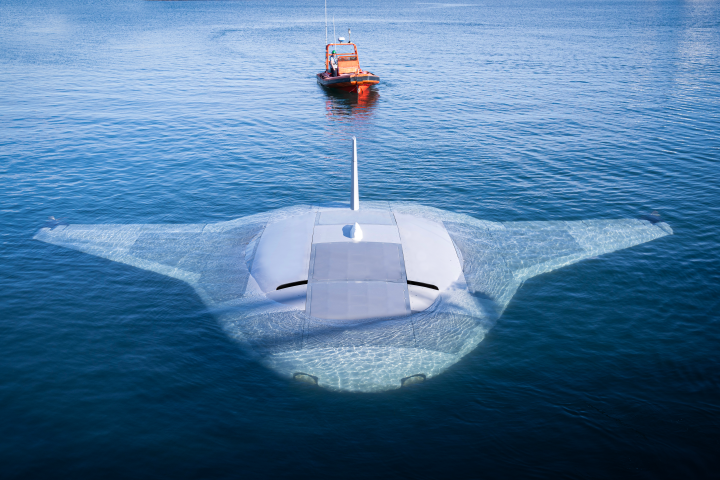The bigger you are, the tougher you'll find it to survive in the ocean. This is the somewhat counter-intuitive conclusion of a new study examining the extinction threat levels of marine animals. It found that larger-bodied creatures are at a greater risk, a pattern never seen before on Earth and most likely the result of our growing appetite for seafood.
Led by Jon Payne, an environmental scientist at Stanford University, a team of researchers set out to explore the relationship between the ecological traits of certain marine animals and their threat of extinction, as assessed by the International Union for Conservation of Nature (IUCN). Payne tells us that their study included information for more than 2,400 mollusk and vertebrate genera, and compared extinction patterns over the last 500 years with the ancient past, as far back as 445 million years.
"We used the fossil record to show, in a concrete, convincing way, that what is happening in the modern oceans is really different from what has happened in the past," said study co-author Noel Heim, a postdoctoral researcher in Payne's lab. "What our analysis shows is that for every factor of 10 increase in body mass, the odds of being threatened by extinction go up by a factor of 13 or so. The bigger you are, the more likely you are to be facing extinction."
Among the species looked at were the blue whale, great white shark and giant reef clam. While Payne and his team didn't evaluate the chances of extinction for any particular species (as they'd already been assessed by the IUCN), they found that the probability of being listed as threatened increased substantially with body size. And while their study didn't focus on the exact reasons for this pattern either, they say that a growing body of scientific evidence suggests there can be little doubt about who is to blame.
They point to earlier research that highlights the impact of what is known as fishing down the food web, a process through which we first catch the larger predatory fish on top of the chain, and then once they are depleted gradually work our way down until we hit small species and invertebrates. They also reference studies portraying humans as unsustainable "super predators," a tag attributed to us because of our tendency to prey on predatory marine species first, and also kill much higher amounts of adult species in their reproductive phases than other predators.
"We see this over and over again," says Heim. "Humans enter into a new ecosystem, and the largest animals are killed off first. Marine systems have been spared up to now, because until relatively recently, humans were restricted to coastal areas and didn't have the technology to fish in the deep ocean on an industrial scale."
This could have consequences beyond the obvious tragedy of causing certain species to die out. Their absence would influence the entire marine ecosystem, because of their positions at the top of the local food chain and the fact that their larger physical presence helps to cycle nutrients through the oceans.
While certain environmental threats to marine habitats, such as ocean acidification, warming and the growth of oxygen dead zones are going to be difficult to turn around, the scientists say that in comparison, this problem is more manageable.
"We can't do much to quickly reverse the trends of ocean warming or ocean acidification, which are both real threats that must be addressed," says Payne. "But we can change treaties related to how we hunt and fish. Fish populations also have the potential to recover much more quickly than climate or ocean chemistry."
The team's research was published in the journal Science, and you can hear from Payne in the video below.
Source: Stanford University





